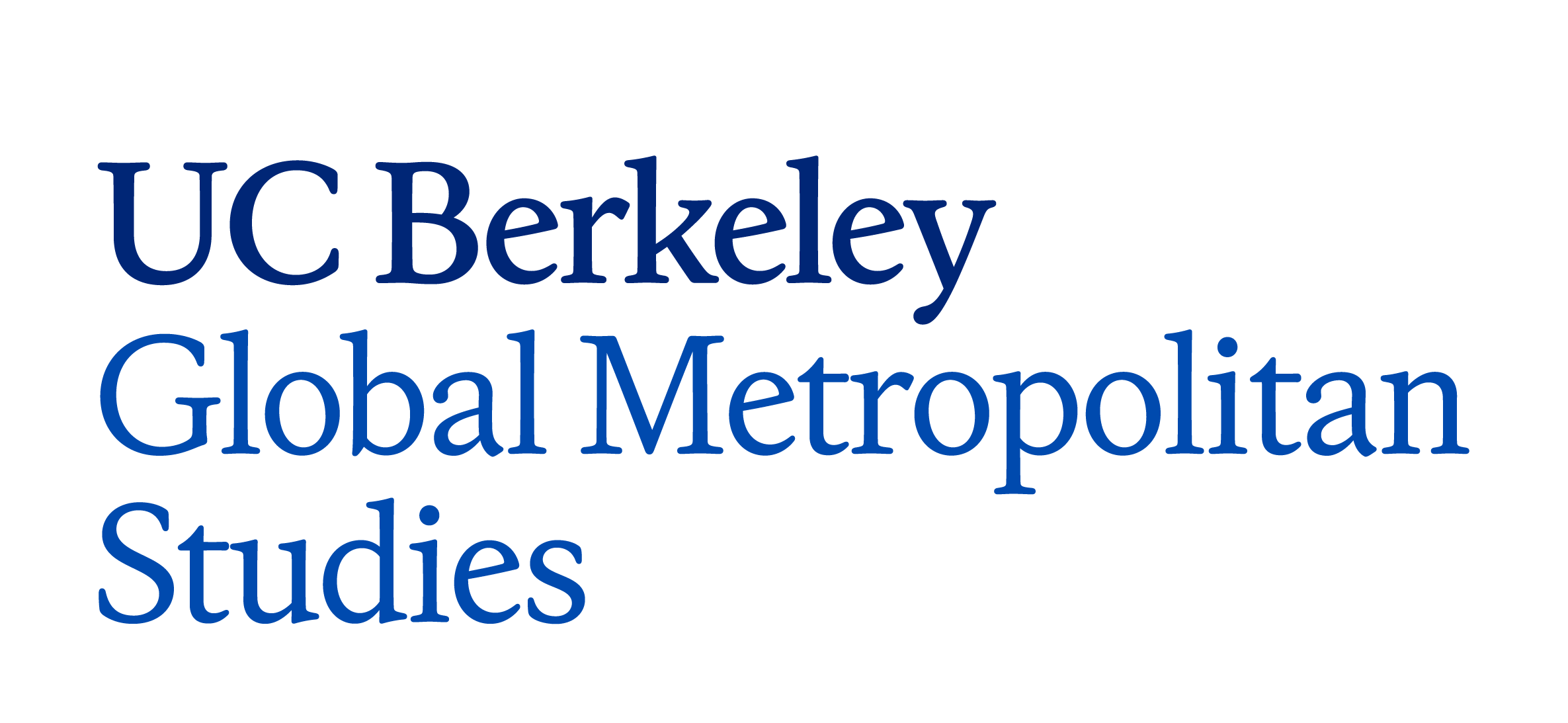-

Charisma Acey
Access to water, sanitation, and other basic services, local and regional environmental sustainability, public participation and collaborative governance
-
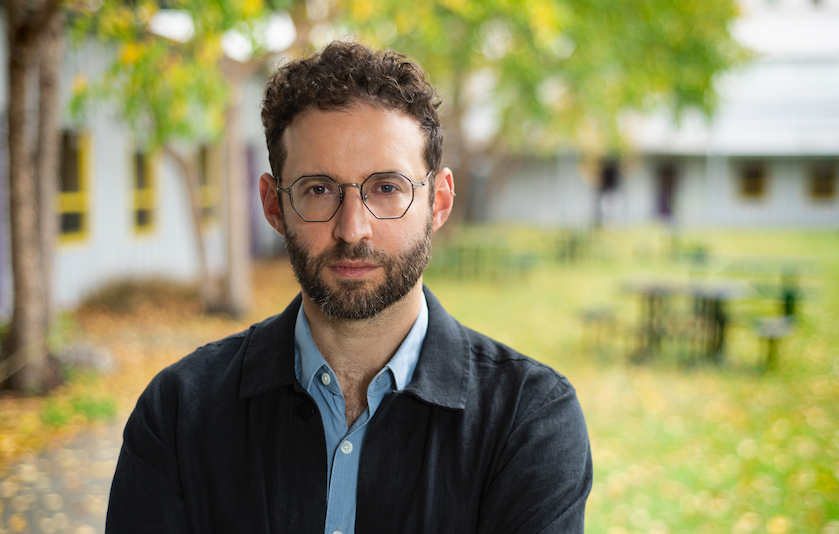
Daniel Aldana Cohen
climate emergency; political economy; eco-apartheid; inequalities of race and class; urban studies; political sociology
-
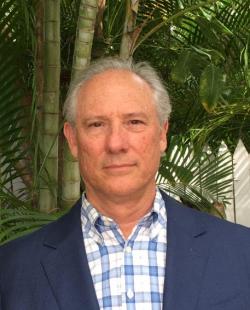
Christopher Ansell
Public policy and urban governance processes, organization theory, public administration, political sociology and network analysis, Western Europe
-
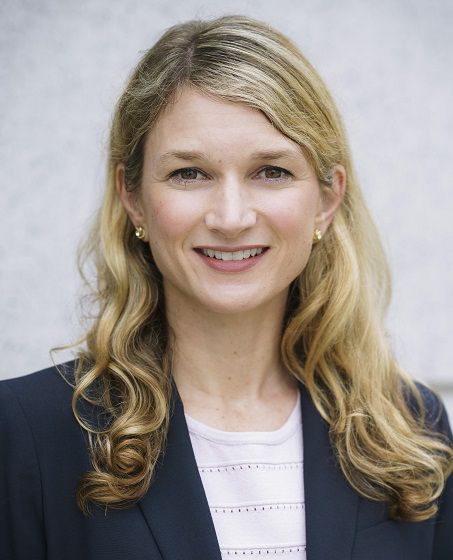
Sarah Anzia
U.S. local and state politics, public sector unions, women in politics, public employee pensions
-

Adda Athanasopoulos-Zekkos
Multi-hazard stressors on geotechnical engineering infrastructure; lifeline response to natural disasters; designing, monitoring and reinforcing lifelines; advanced sensing; vibrations from pile driving in dense urban environments
-
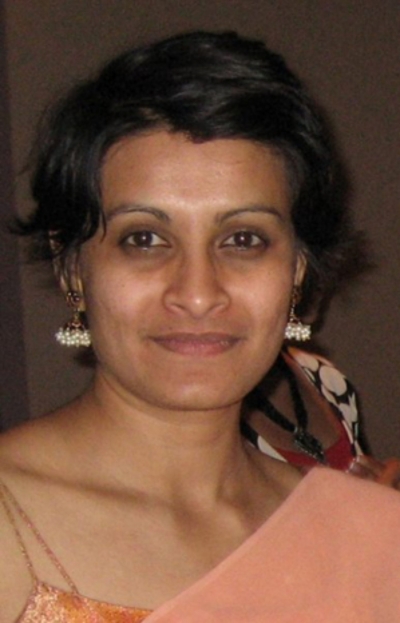
Sai Balakrishnan
urban political economy, urbanization, global south, land-use planning, landed property
-

Alexandre Bayen
Modelling and control of distributed parameters systems: large scale infrastructure systems, transportation, water distribution
-
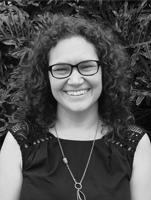
Anna Brand
urban planning, urban design, community development, environmental planning, racial geographies, race and urban development, citizen participation
-

Teresa Caldeira
Comparative urban studies, social theory, ethnography and qualitative methodology, Brazil, democratization, cultural movements
-
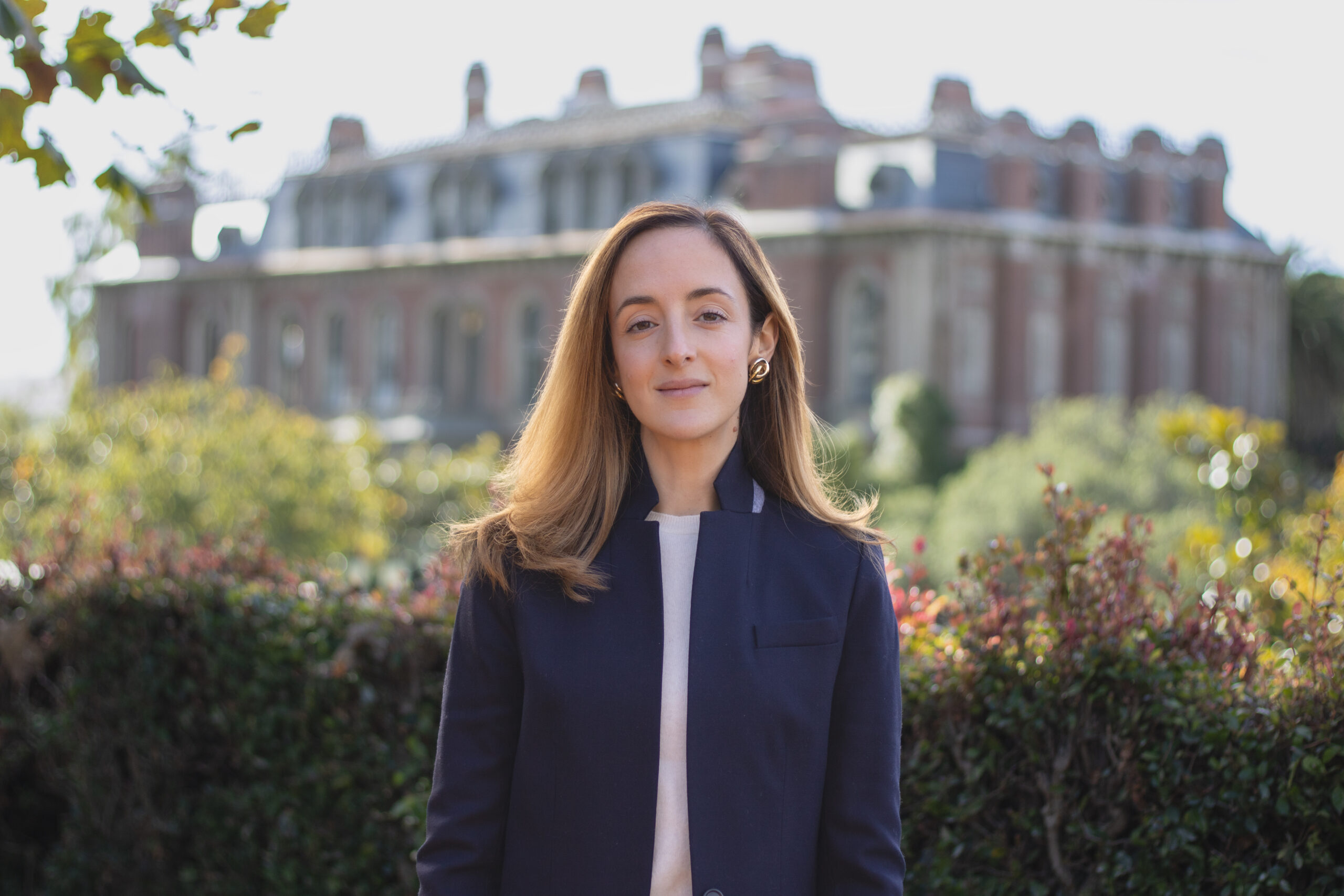
Maria Carreri
mayors; local politics; local public finance; local austerity; local bureaucrats.
-

Anthony Cascardi
Literature and philosophy, aesthetic theory, the novel, early modern Europe
-
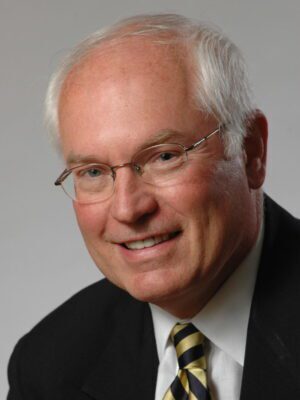
Ralph Catalano
Population stressors for gestation, maternal health
-
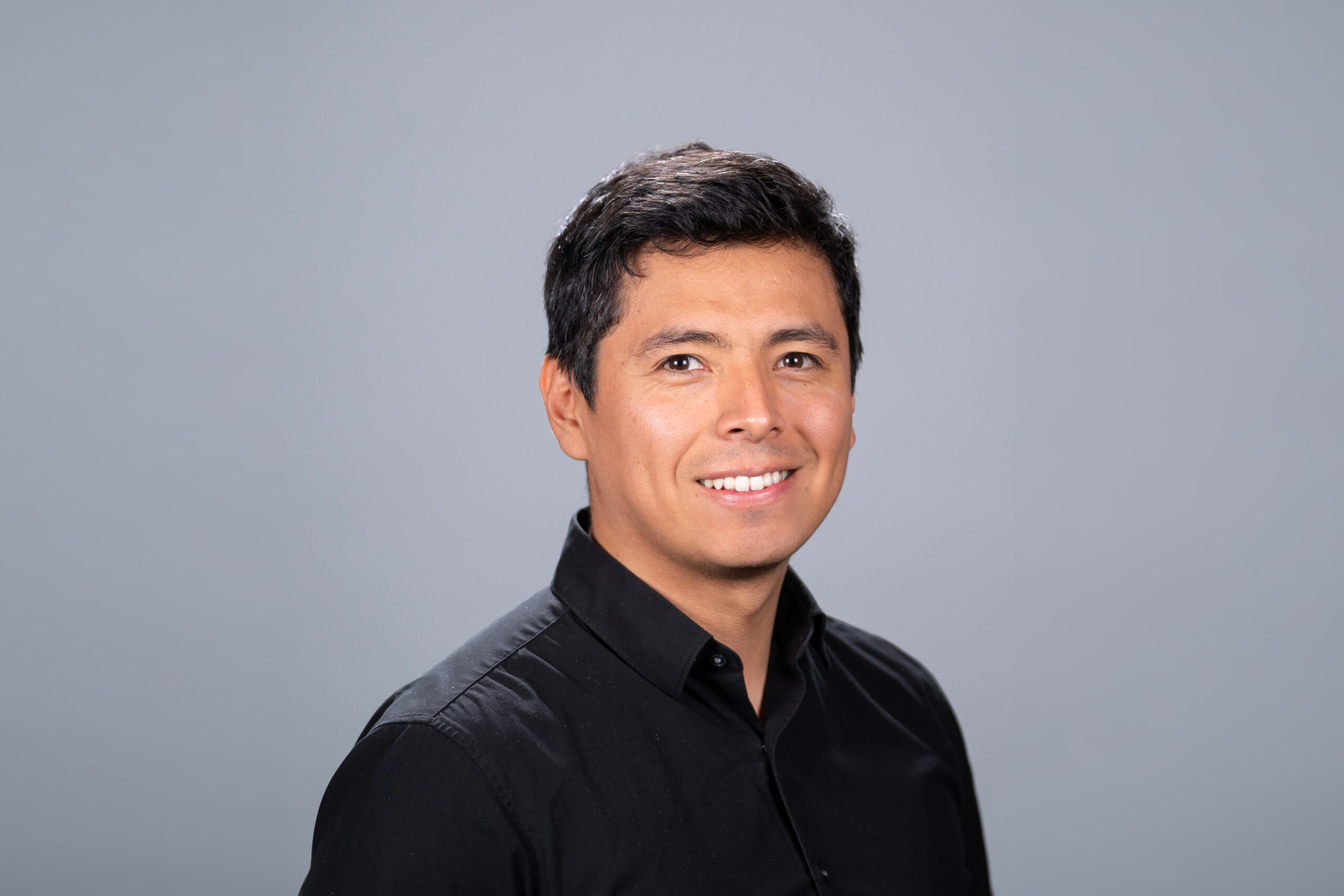
Luis Ceferino
Multi-hazard risk analysis; reliability of critical infrastructure systems; climate adaptation and disaster resilience; structural engineering; extreme event modeling
-
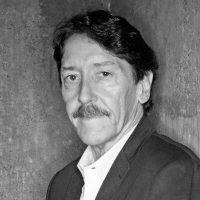
Robert Cervero
(Emeritus) Transportation Planning; Transportation and Land Use; Infrastructure Planning; Growth Management planning; International Development
-

Karen Chapple
(Emerita) Housing, community and economic development, regional planning, residential and commercial/industrial displacement
-
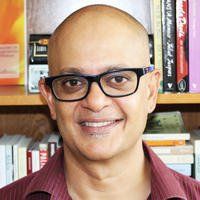
Sharad Chari
Social theory, political economy, development, agrarian studies, labor and work, racial/sexual capitalism, Black radical tradition, biopolitical struggle, oceanic humanities, photography, South Asia, South Africa, Indian Ocean
-
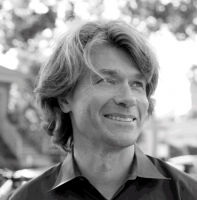
Daniel Chatman
Land use and development policies, public transportation services, travel patterns and residential choices of immigrants to the U.S.
-
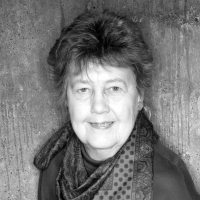
Karen Christensen
(Emerita) Intergovernmental Relations, Evaluation, Housing Policy, Organizational Theory, Planning Theory
-

Stephen Collier
Soviet urban planning and post-Soviet urban and social welfare transformation; infrastructure and politics; neoliberalism and governmental rationality; emergency government in the United States; urban vulnerability and resilience; climate change
-

Jason Corburn
Urban gun violence reduction; urban climate justice; informal settlements & health; environmental policy & planning; environmental health; urban environmental justice; health impact assessment; science & technology studies; environmental dispute resolution
-

Greig Crysler
Urban spatial politics, activism and cultural identity, queer culture, neoliberal globalization, nationalism, collective violence
-

Elizabeth Deakin
(Emerita) Transportation policy, planning and analysis; land use policy and planning; legal and regulatory issues; institutions and organizations; energy and the environment, new technologies
-

Iryna Dronova
Urbanization, remote sensing, spatial analysis, urban heat exposure, green infrastructure, resilience, restoration, wetland and urban landscape ecology
-
Maya E. Carrasquillo
Environmental and reparative justice, green infrastructure and stormwater management, anti-racism in engineering education, food-energy-water systems, community engagement and development
-
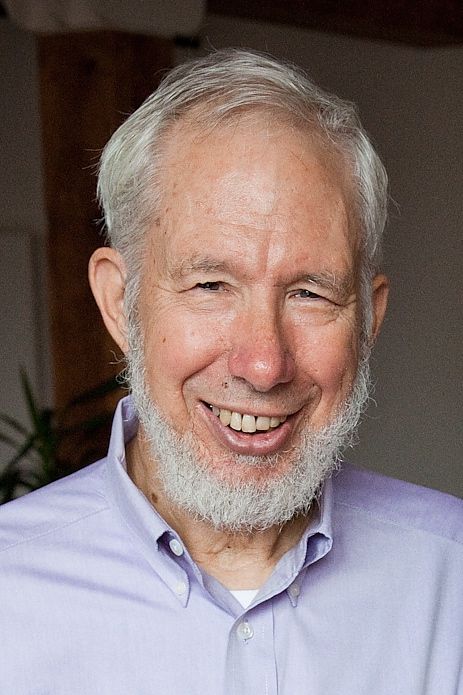
Peter Evans
(Emeritus) Globalization, Labor Movements, States, Development
-

Lia Fernald
Children, health inequality, immigrant health, nutrition, public health
-

Desiree Fields
property, racial capitalism, digital geographies, economic geography, political economy, urban theory
-

Frederico Finan
Applied microeconomics, development economics, political economy
-

Daniel Fisher
Social-cultural anthropology, media, music and sound, photography and cinema, Australia
-

Mia Fuller
Architecture and city planning in the Italian colonies
-
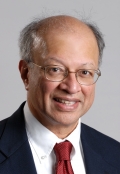
Ashok Gadgil
Drinking water treatment, innovation, social placement of technology, systems thinking, energy efficiency, global impact, developing world
-
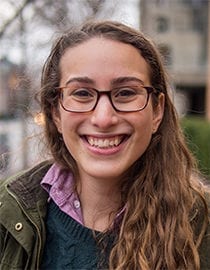
Rebecca Goldstein
Race and ethnic politics, urban politics, bureaucratic politics, policing, criminal justice reform, quantitative methods
-

Marta González
Urban sciences, Social networks, People and the built and natural environment
-
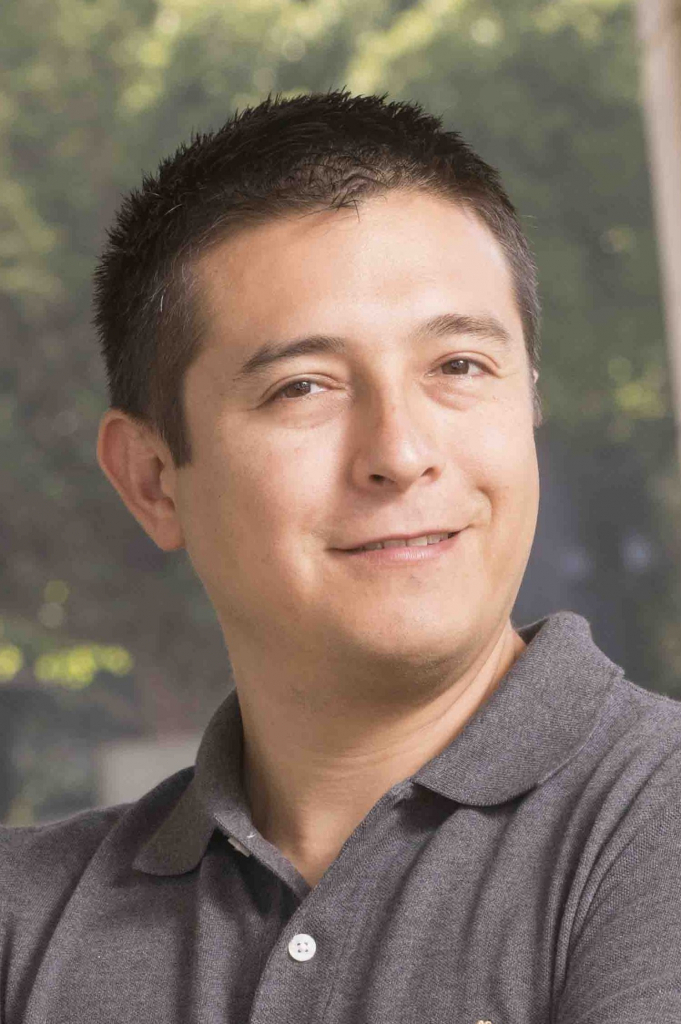
Marco Gonzalez-Navarro
Development economics, urban economics, subway infrastructure, rural land titling, road infrastructure, crime, and political economy
-

Zoé Hamstead
Environmental planning; climate planning; sustainability and resilience; environmental and climate justice; geographic and spatial analysis; urban policy and political economy; environmental governance; community engagement
-
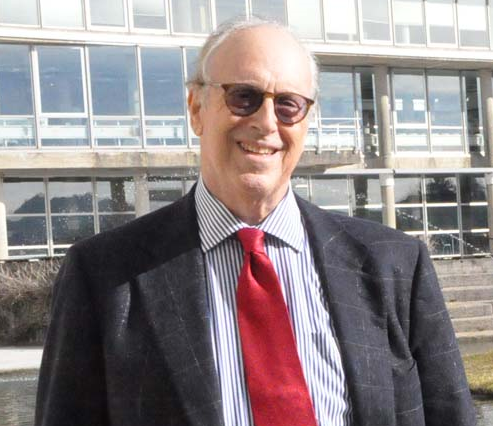
Michael Hanemann
(Emeritus) Modeling individual choice behavior, demand forecasting, conservation, environmental regulation and economic valuation
-

Mark Hansen
Transportation economics, policy and planning, air transportation, public transportation
-
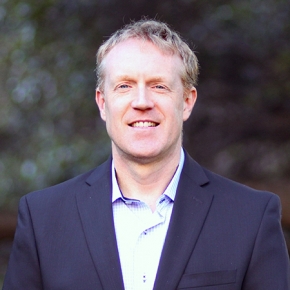
David Harding
Poverty, inequality, causal inference, mixed methods, incarceration and prisoner reentry, education, neighborhood effects, urban communities, adolescence
-
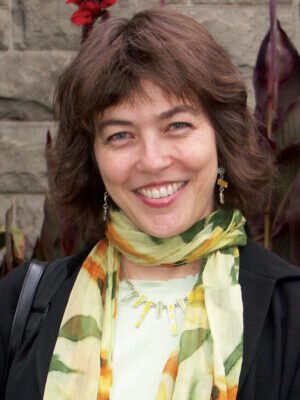
Eva Harris
Molecular virology, pathogenesis, immunology, epidemiology, scientific capacity building in developing countries
-

David Henkin
America since 1607: 19th Century, urban, cultural
-
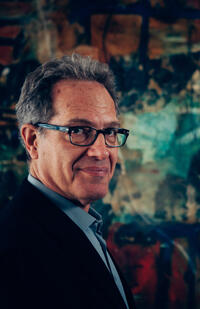
James Holston
Cities and citizenship, political theory, democracy and law, planning and architecture, urban ethnography, Brazil, the Americas
-

Arpad Horvath
Energy, climate, civil infrastructure, engineering, project management
-

You-tien Hsing
Political economy of development in East Asia, power and space, cultural and environmental politics, urbanization, China
-
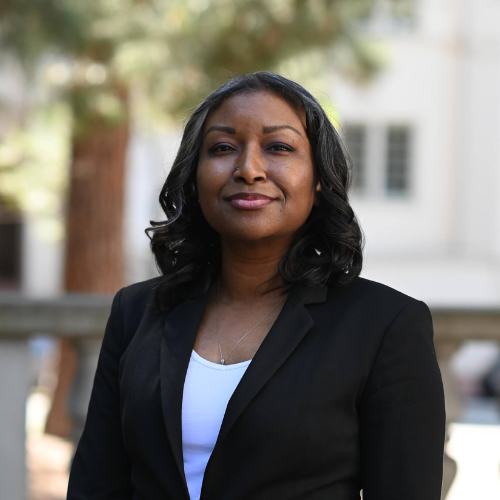
Cesunica Ivey
Air pollution assessment, Air quality modeling, Atmospheric modeling, Community-centered resilience, Community-led climate adaptation, Exposure monitoring, Environmental justice applications
-

Daniel Kammen
Renewable energy systems, health and environmental impacts of energy generation and use, international R&D policy, climate change, energy forecasting and risk analysis
-
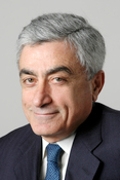
Adib Kanafani
Transportation planning and systems analysis, air transportation
-

Randy Katz
Trusted and reliable network computing, smart cities, data science, smart buildings, smart grids
-
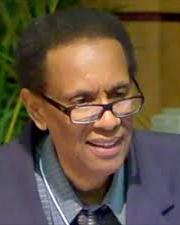
Michel Laguerre
Information technology, the American Metropolis, globalization, global governance, diasporic communities, multiculturalism, urban neighborhoods in US, France, Berlin and London
-
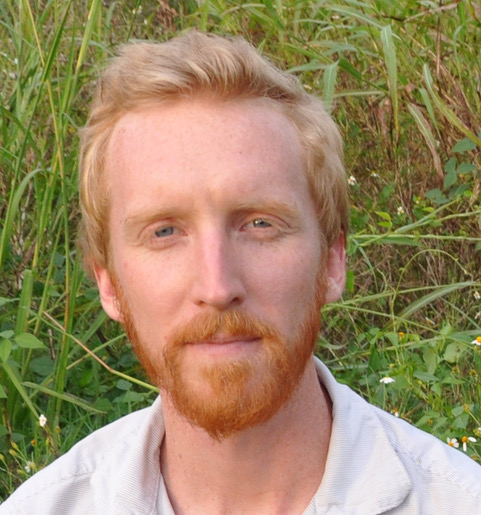
Zachary Lamb
Urban climate change adaptation, flooding, urban design for climate justice, affordable housing, shared equity housing
-

Amy Lerman
Politics, criminal justice, privatization, public opinion, and political behavior
-

Elizabeth Macdonald
Urban design, history of urban form, sustainable urban form, street and public space design, waterfront promenades
-
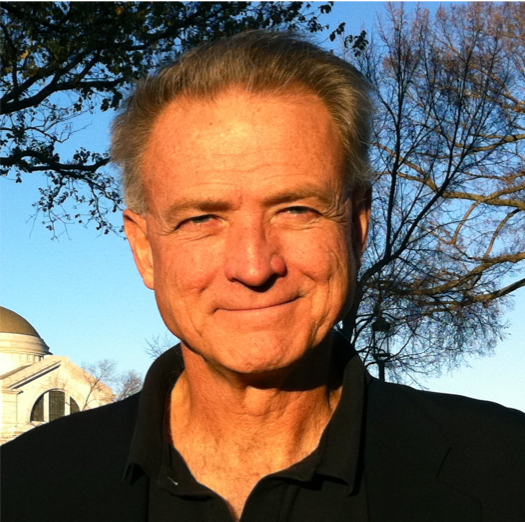
G. Mathias Kondolf
Cities and hydrology, river-city relations, urban river revitalization, fluvial geomorphology, environmental planning
-
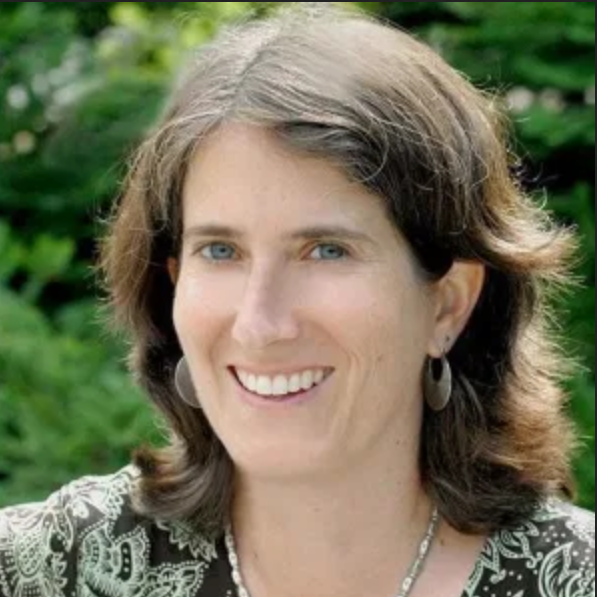
Rachel Morello-Frosch
Structural determinants of environmental health disparities, air pollution and perinatal outcomes, environmental justice, social movements, science, and environmental health policy-making
-
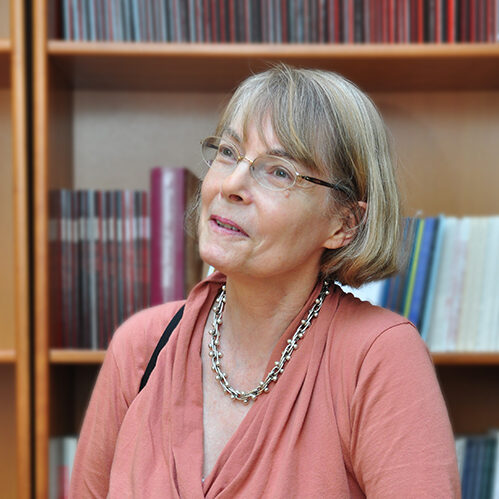
Michael Nylan
Water, transport, monuments, urban China (early empires, 11th century, contemporary)
-
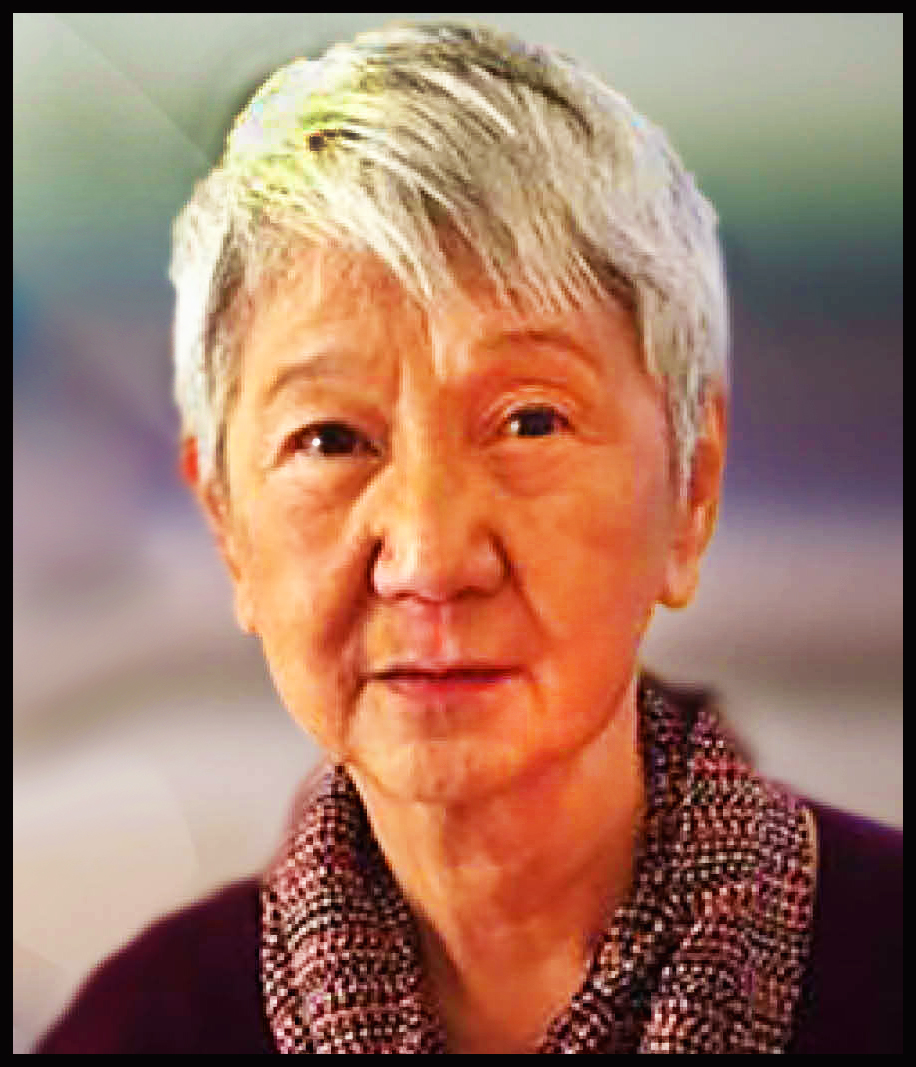
Aihwa Ong
Southeast Asia, China, modernity, cities, governance, science, technology and society studies, contemporary art
-

M. Paz Gutierrez
Natural materials innovation, resilient buildings, multiscale design
-
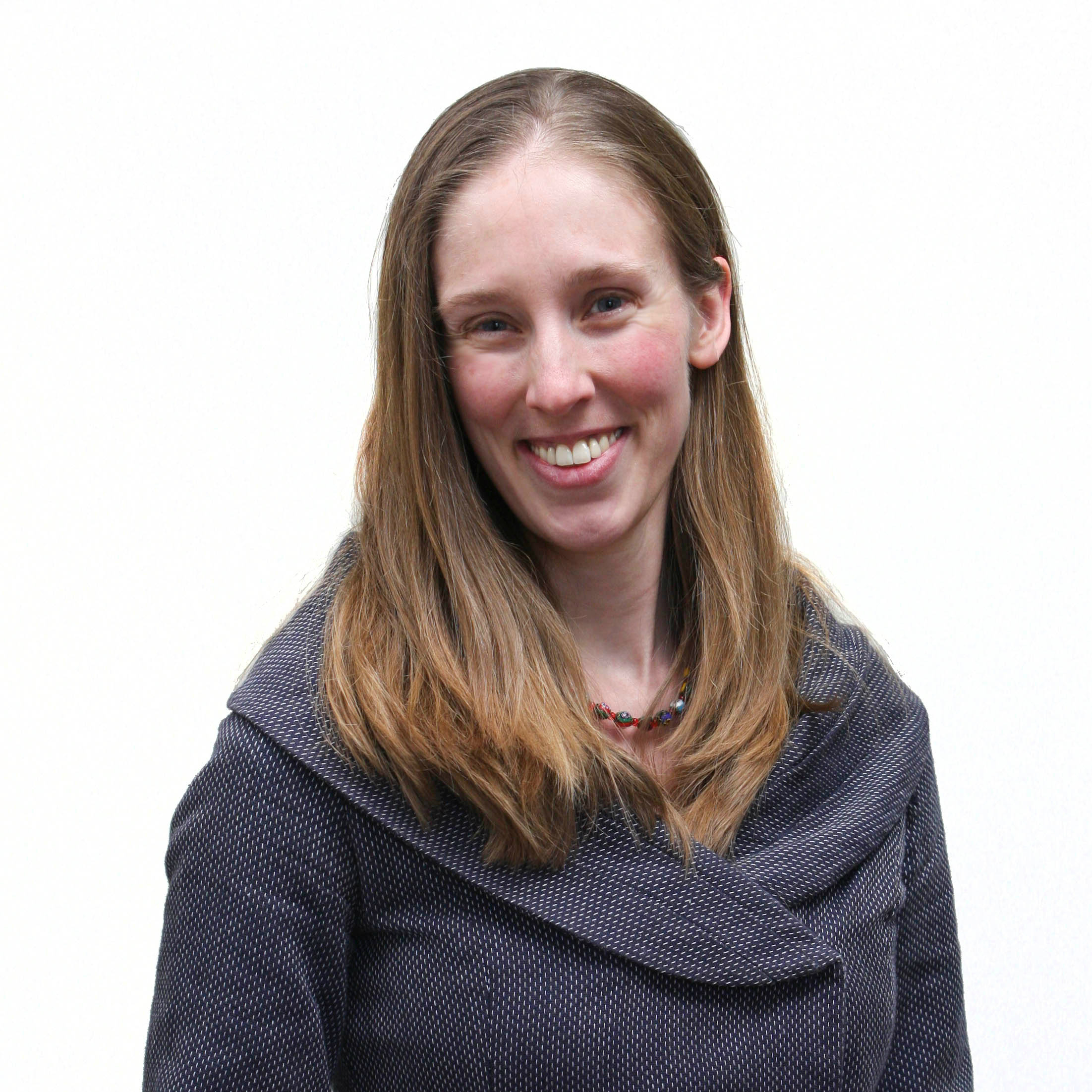
Alison Post
Urban politics, urban infrastructure, water, smart cities, urban institutions
-
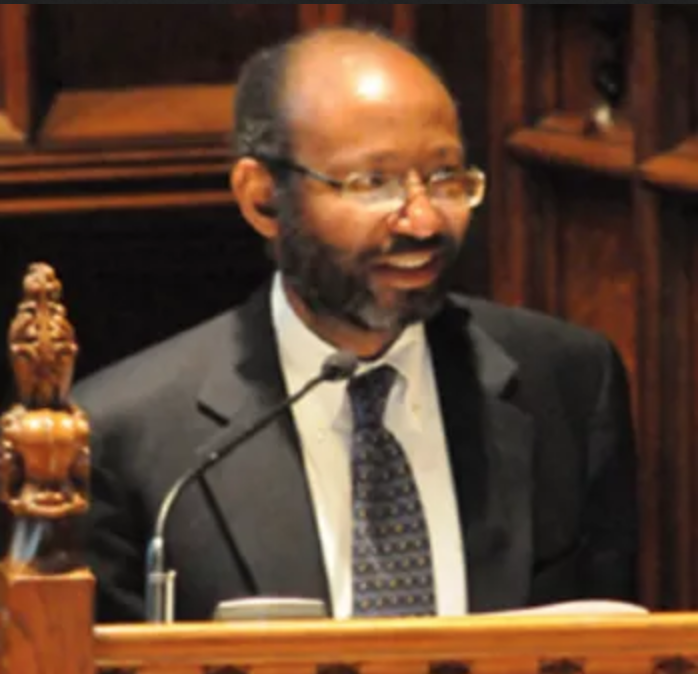
Samuel R. Lucas
Inequality, discrimination, education, tracking, college entry, effectively maintained inequality theory, research methods, sample design, causality, epistemologies, agent-based modeling, and research statistics
-

Isha Ray
Equity, affordability and access to water in low-income regions, gender, sanitation
-
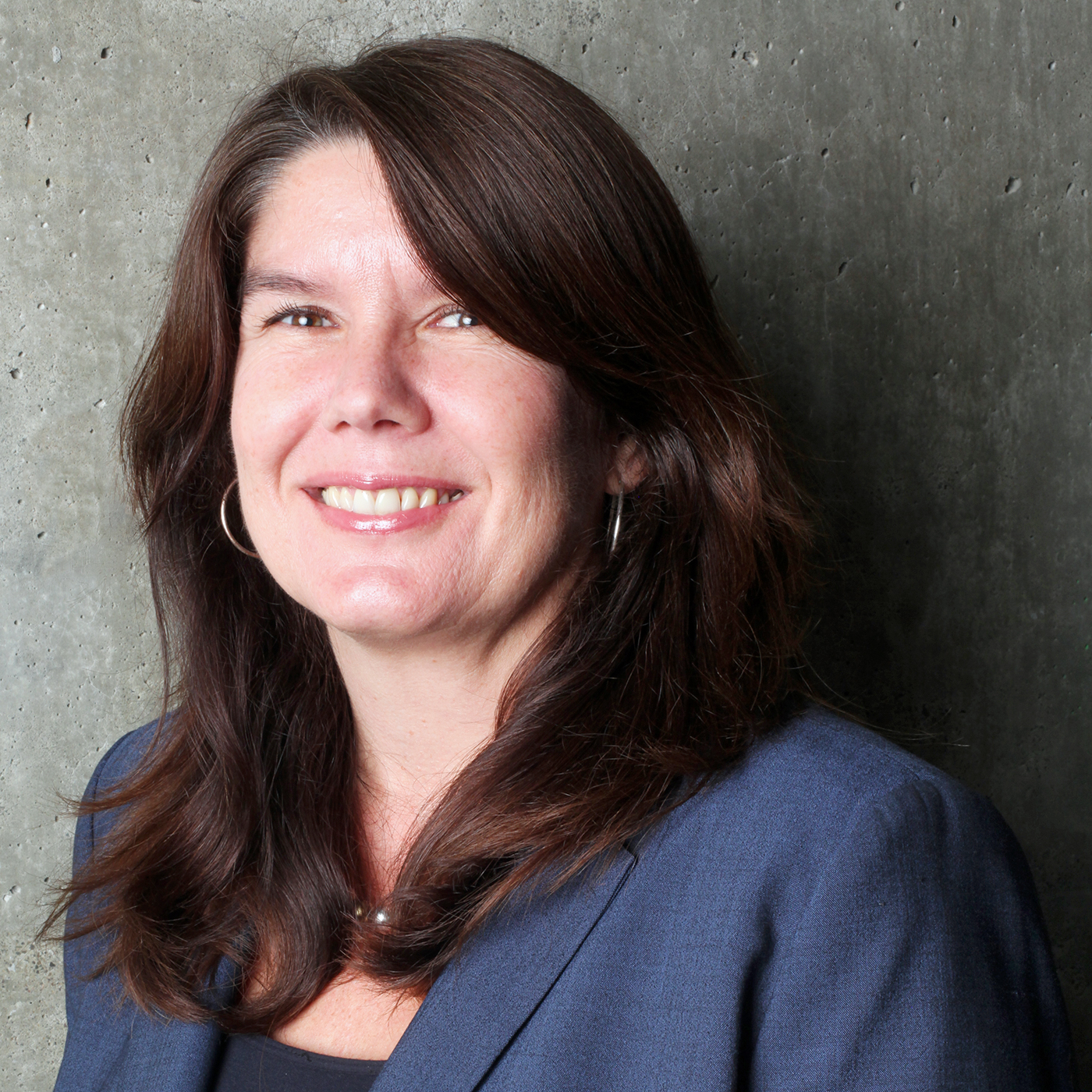
Carolina Reid
Housing and homelessness, community development, urban poverty and inequality, access to credit and homeownership
-

Danielle Rivera
Environmental planning, community development, environmental justice, stormwater management, urban design
-
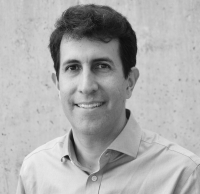
Daniel Rodriguez
Public transportation, urban sustainability, urban health, environment and health impacts of traveler behaviors
-

Martin Sánchez-Jankowski
Poverty, gangs, crime, violence, race and ethnic relations
-
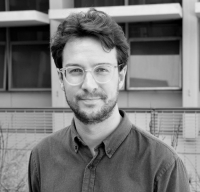
Stefano Schiavon
Sustainable building design, energy efficiency, thermal comfort, indoor air quality, energy simulation, post-occupancy evaluation
-

Raja Sengupta
Transportation, wireless communications and inertial navigation for vehicle systems
-

Kenichi Soga
Infrastructure sensing, geotechnical structures, ground engineering, soil and granular mechanics, deep geomechanics, energy and engineering sustainability, soil-bio interaction, geoenvironmental engineering
-

Michael Southworth
(Emeritus) Morphology of the post-industrial city; street design and regulation; design of public space; analysis, design, and management of large scale urban environmental quality; user needs assessment; children’s conception and use of the city
-

Mark Stacey
Climate change, coastal erosion, critical infrastructure resiliency, fluid dynamics
-
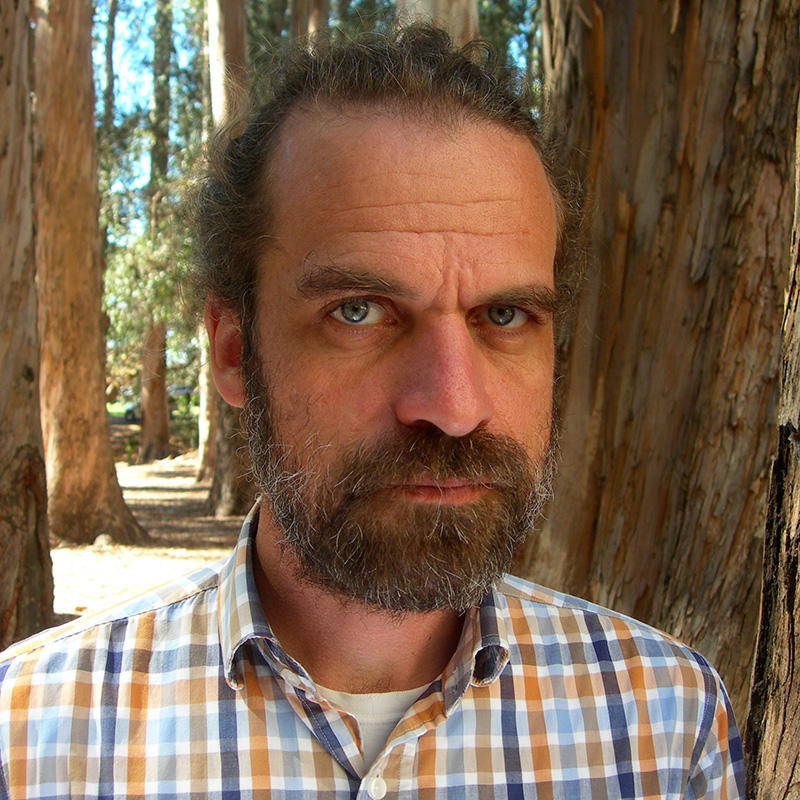
Nicolas Tackett
Chinese elite society (9th to 11th century), Late Tang capital cities, Song-Liao border during the 11th century, death and death rituals
-

Karen Trapenberg Frick
Transportation policy and planning, Major infrastructure projects, American politics and conservative views about planning
-
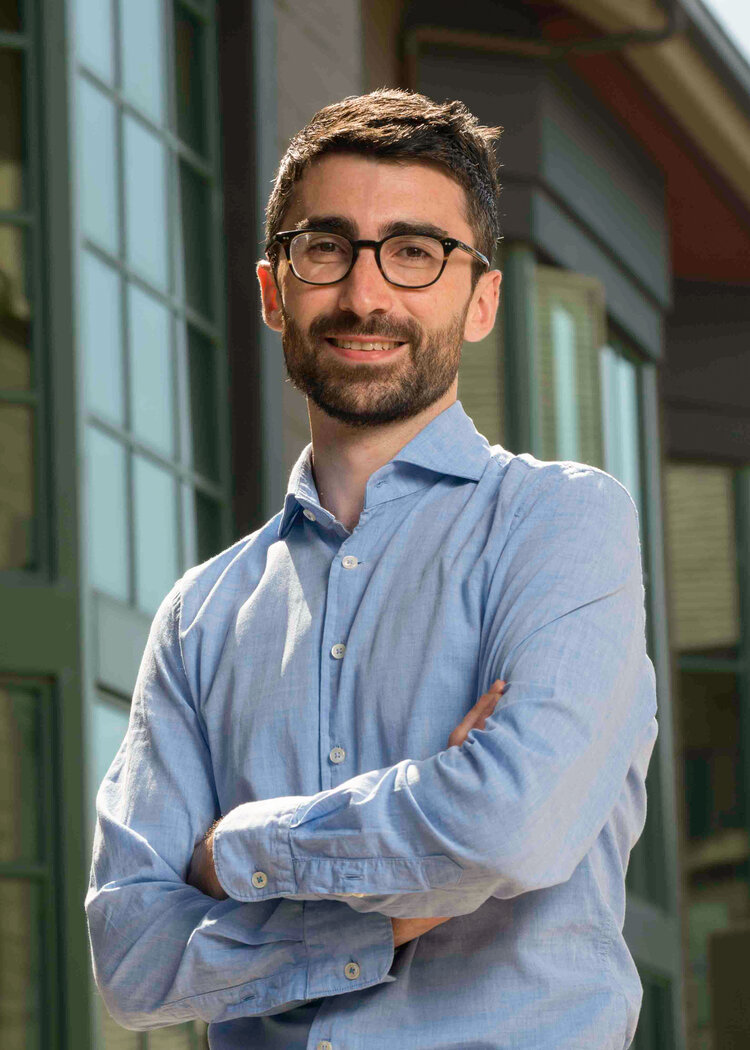
Nick Tsivanidis
urban economics, development economics, economic geography, applied microeconomics
-
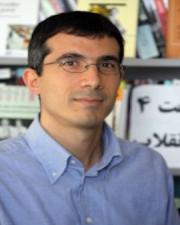
Cihan Tugal
Political sociology, social movements, religion, Islam and the Middle East, culture, poverty and class, social theory, ethnography
-

Loïc Wacquant
“Urban inequality and marginality, incarnation and habitus, the penal state, ethnoracial domination, politics of reason, classical and contemporary social theory “
-

Paul Waddell
Urban economics, land use and transportation, urban simulation, urban informatics, visualization
-

Joan Walker
Urban transportation, travel demand, travel behavior, econometrics, data science
-

Richard Walker
(Ermeritus) Human geography, political economy, global capitalism
-

Jennifer Wolch
(Emerita) Sustainable urbanism, urban design and public health, homeless and human service delivery, animal-society relations
-

Winnie Wong
Labor and creativity, modern and contemporary art, intellectual property, China, consumer cultures, Hong Kong, Guangzhou, Shenzhen
-

Wen-hsin Yeh
Asian history, East Asian studies, Qing and Modern China, Shanghai
